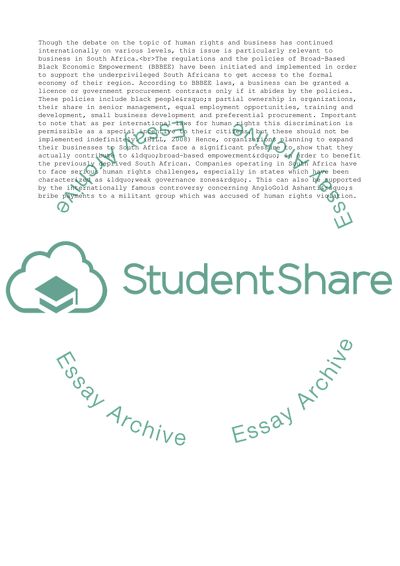Cite this document
(The Reason for Choosing the Option of Franchise Business in South Research Paper, n.d.)
The Reason for Choosing the Option of Franchise Business in South Research Paper. Retrieved from https://studentshare.org/business/1791902-global-and-international-business
The Reason for Choosing the Option of Franchise Business in South Research Paper. Retrieved from https://studentshare.org/business/1791902-global-and-international-business
(The Reason for Choosing the Option of Franchise Business in South Research Paper)
The Reason for Choosing the Option of Franchise Business in South Research Paper. https://studentshare.org/business/1791902-global-and-international-business.
The Reason for Choosing the Option of Franchise Business in South Research Paper. https://studentshare.org/business/1791902-global-and-international-business.
“The Reason for Choosing the Option of Franchise Business in South Research Paper”, n.d. https://studentshare.org/business/1791902-global-and-international-business.


